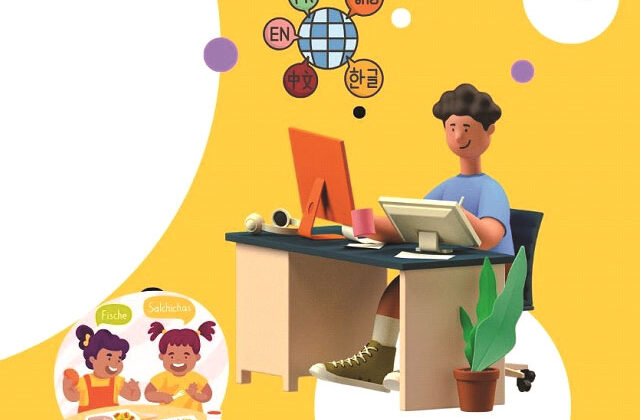
Mary Pouline, Author and Founder, Sapience Publications
Hello Readers,
Hi, I am Mary Pouline here to share with you some thoughts on the not-too-easy art of parenting. The digital age has birthed unforeseen challenges, prompting parents to think on their feet when raising their kids. Parenting is a balancing act that requires a great deal of ingenuity. With over two decades of experience handling children of all age groups, I have understood their psyches and developed a reservoir of tips and tricks to handle them. Let’s take a look at some pressing parenting questions.
How Should Parents Balance their Children’s Screentime?
The omnipresence of digital devices in today’s world makes them hard to escape. Using phones and other screens to distract a picky eater or a tantrum thrower is a double-edged sword. Regulating screentime is the need of the hour.
According to current research, the average 8-year-old spends 5 hours on mobile devices. There are now more mobile devices on the planet than there are people. The working distance for handheld devices is typically relatively short, as young users often put their faces close to the screen to obtain a larger image. The problem has always been real, but the pandemic made it worse, with digital learning making mobile phones indispensable.
I have two tips to share in this regard:
1. Monkey see, monkey do: We all have heard the story of the cap seller and the monkeys. The gist of the story is that the cap seller throws off the cap from his head, and the monkeys do the same. It is the parent’s responsibility to become role models for the children to reduce screen time. Modelling good behaviour is the best way to teach it. I understand that we are the first generation to teach this stuff to kids, and we do not have any role models from past generations to guide us. But, parents, you have no choice but to become a role model for your child.
2. Teach a growth mindset: Start speaking to kids about the decline in their performance because of digital usage. In this modern world, life without digital support is highly impossible. Shunning digital usage completely will have us teetering on the edge of obsolescence. However, digital usage should not become a digital drug. 30 minutes of screentime per day should suffice for children. Suggest alternatives, like reading a physical book, going for a nature walk, or playing with friends. You can also incentivise and positively reinforce good behaviour: challenge your kids to go a day without using a phone and reward them if they succeed.
Why Socialisation is Crucial in Early Childhood
Early childhood socialisation is learning to interact with others and developing a sense of self. It is a crucial part of a child’s development, and it can have a lasting impact on their mental health and well-being. Socialisation is a process that continues throughout life: childhood, adolescence, adulthood, and old age.
However, childhood (including infancy) indeed remains the most critical stage because what happens during childhood can have lifelong consequences. So, creating a healthy, peaceful, and calm environment for your child to grow and thrive is essential.
…contd in Aalumai Sirpi Magazine.






